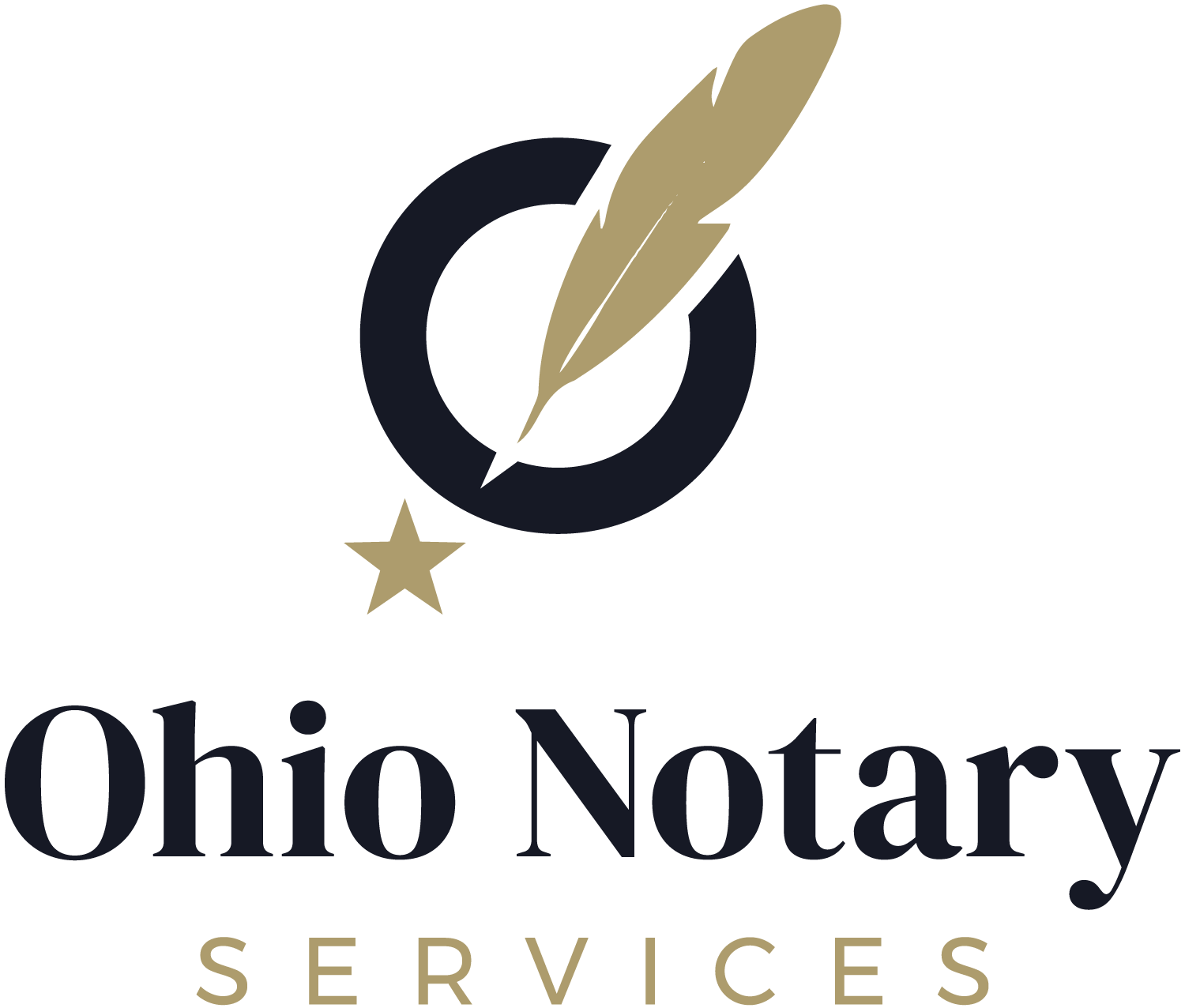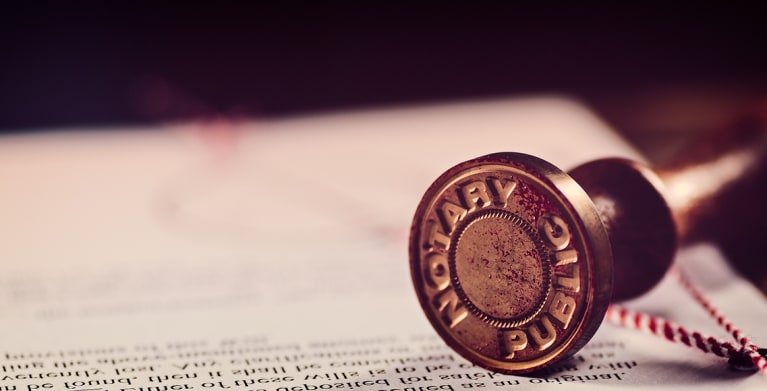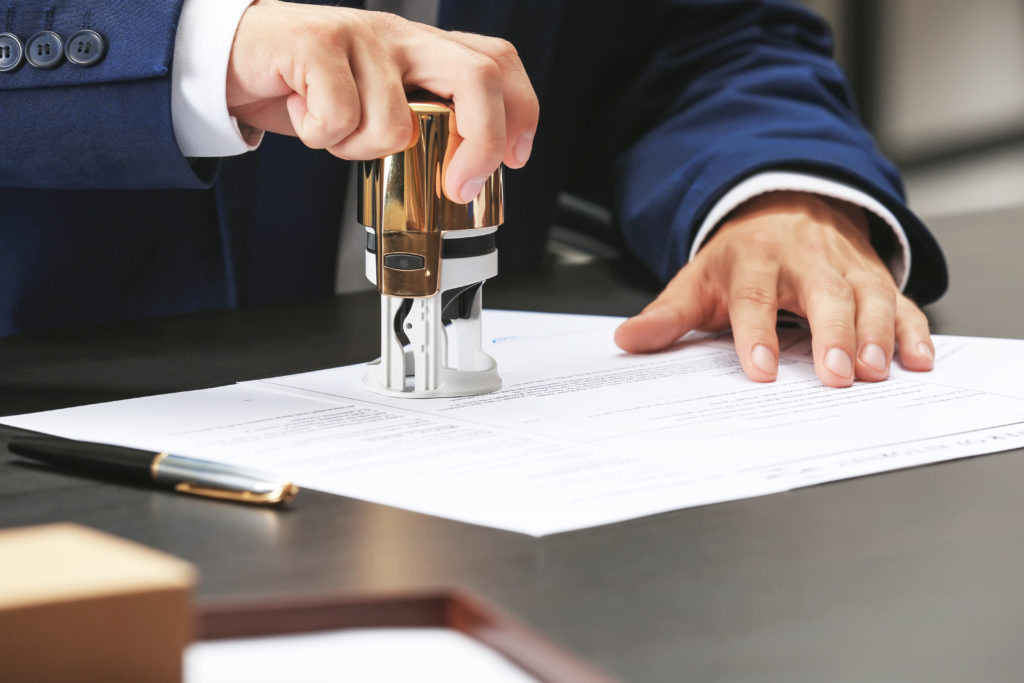Apostille Refine Explained: Streamlining International Record Confirmation
Apostille Refine Explained: Streamlining International Record Confirmation
Blog Article
Debunking Notarial Work: Simplifying the Role and Significance of Notaries
Their function, often shrouded in mystery for lots of, brings significant weight in ensuring the credibility and honesty of important records. By deciphering the intricacies bordering notarial techniques and dropping light on the significance of their acts, a clearer understanding emerges of the essential function notaries play in promoting the material of contractual and lawful arrangements.
The History of Notarial Work
Exactly how did notarial work develop gradually to become an indispensable component of lawful and company purchases? The history of notarial work dates back to ancient worlds, where scribes played an important duty in tape-recording essential details and verifying files. As cultures proceeded, the need for a much more formalized system to make sure the legitimacy of contracts arose. This brought about the growth of notaries, people selected by the state to act as neutral witnesses in legal matters.
During the Center Ages, notaries got prestige in Europe, with their functions increasing to consist of preparing lawful documents, accrediting trademarks, and preserving records. The rise of international trade further highlighted the value of notarial operate in confirming agreements and agreements across borders.
In the modern-day period, notaries continue to play a crucial duty in lawful and company purchases by confirming identifications, confirming the authenticity of records, and avoiding fraudulence. Their role in accrediting the legitimacy of agreements includes a layer of safety and security and depend the ever-evolving landscape of commerce and law.

Duties and Responsibilities of Notaries
Notaries play a vital duty in verifying the authenticity of papers and the identification of signatories. One of their key obligations is to witness the finalizing of crucial records, such as agreements, wills, and actions, to ensure that all events are entering right into arrangements knowingly and willingly.
They license duplicates of initial documents, providing assurance to institutions that the duplicates are true reproductions of the originals. Overall, the obligations and duties of notaries are necessary in guarding the stability and legitimacy of various files and purchases - Apostille.
Notarial Certificates and Signatures
Exhibiting thorough interest to information, notarial certificates and signatures act as important elements in validating the credibility of legal records. Notarial certificates generally have crucial information such as the date of notarization, the names of the signatures, a description of the record, and the notary's official seal. These certifications provide a clear document of the notarial act, making sure that the paper can be quickly identified and traced back to the notary who oversaw the process.
Trademarks play a critical duty in notarial job, as they represent the agreement and approval of the events included. Notaries very carefully witness the signing of documents to validate the identity of the signatures and confirm that they are authorizing of their own free choice. By fastening their official seal and signature to the document, notaries license that the essential treatments have actually been adhered to and that the file is valid and enforceable.
Essentially, notarial certifications and trademarks are the characteristic of credibility in lawful purchases, supplying guarantee to all events entailed that the papers are legitimate and binding.
Value of Notarial Acts

Notarization Refine Explained
Clarifying the notarization process gives clarity on the essential steps associated with verifying legal documents. The registration procedure normally begins with the specific providing the file to a notary public. The notary then verifies the signer's identification through acceptable identification methods. As soon as the identification is verified, the notary makes certain that the specific signing the paper does so voluntarily and with no threat.

Conclusion

Notarial certificates normally consist of vital information such as the date of registration, the names of the notaries, a summary of the document, and the notary's official seal. These certificates give a clear record of the notarial act, making certain that the file can be easily recognized and traced back to the notary who supervised the procedure.
By attaching their main seal and trademark to the paper, notaries accredit that the essential procedures have been adhered to and that the file is legitimate and enforceable.
By verifying the identification of the notaries, validating their desire to enter right into the arrangement, and certifying the day and place of the signing, notaries play a critical duty in supporting the credibility of lawful records.After the document is signed, the notary will certainly affix their main seal or stamp onto the file.
Report this page